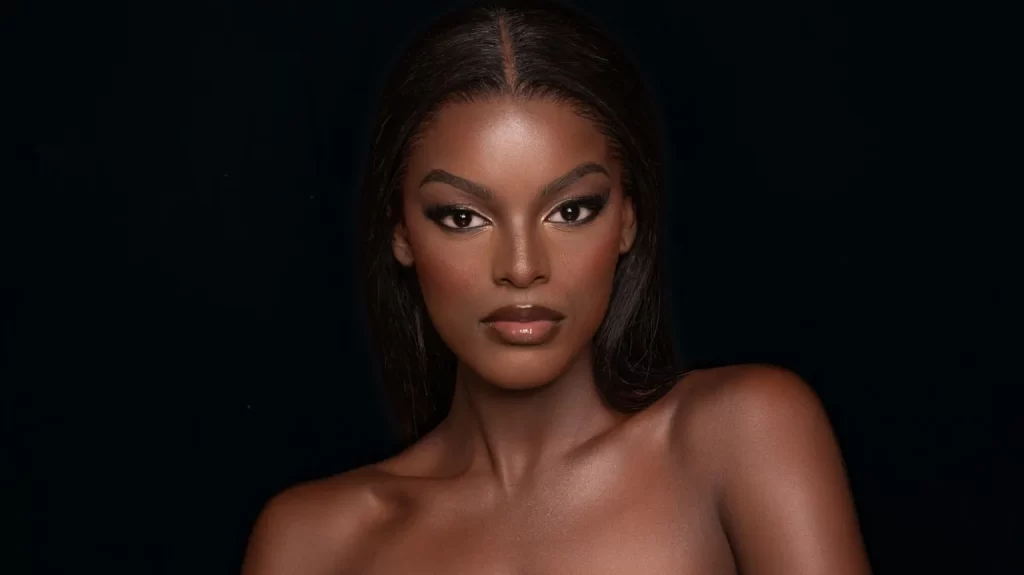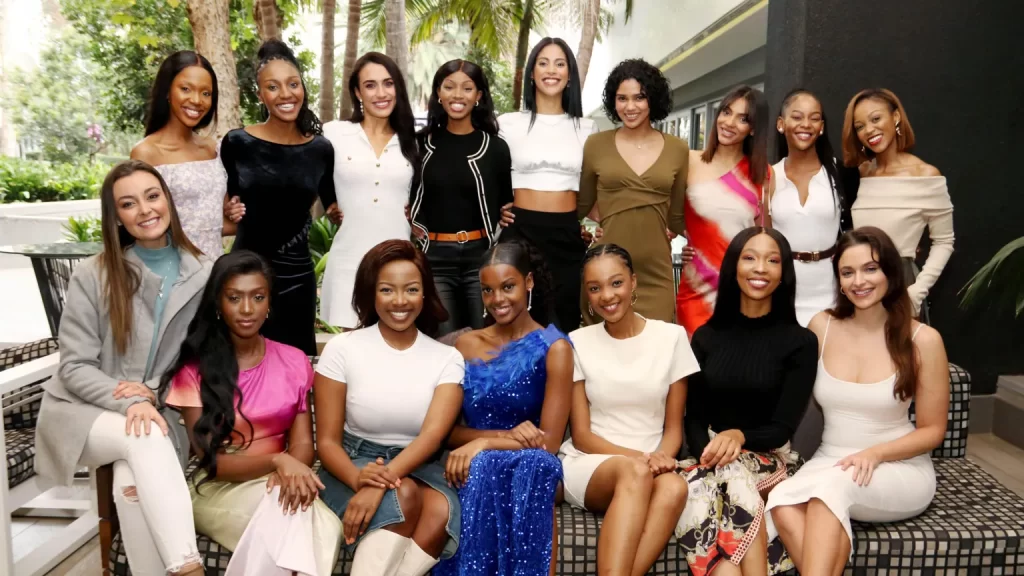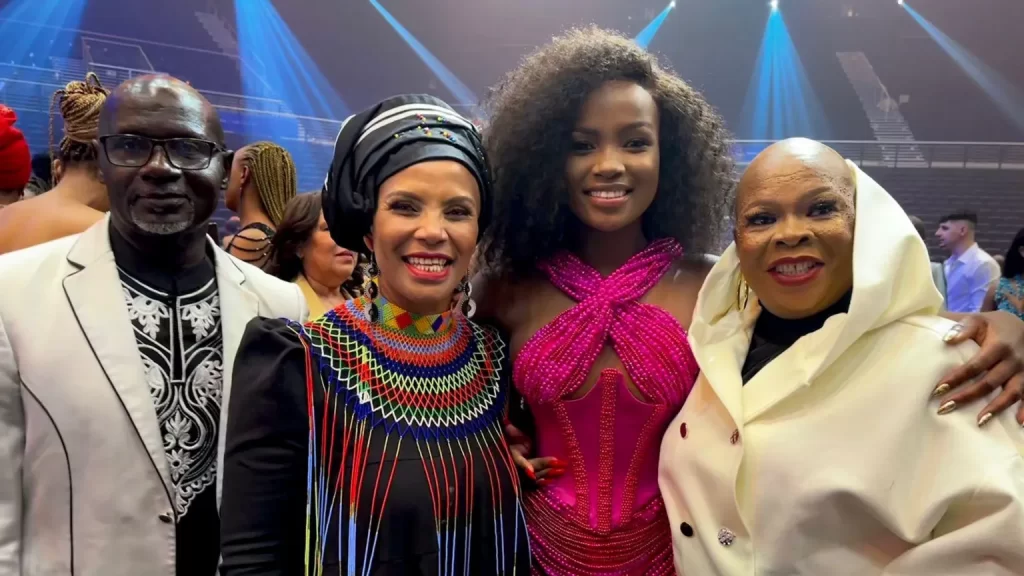JOHANNESBURG, South Africa – A beauty contest has ignited a fierce debate over national identity in South Africa, as Miss South Africa finalist Chidimma Adetshina faces backlash due to her Nigerian heritage. The controversy has exposed underlying tensions and xenophobic attitudes in the country.

Adetshina, a 23-year-old law student born in Soweto and raised in Cape Town, found herself at the center of a social media storm after securing a spot in the Miss South Africa pageant. Despite being South African by birth, her Nigerian surname prompted intense scrutiny of her background.
Critics demanded Adetshina’s removal from the competition, with a petition garnering over 14,000 signatures before being taken down. Some commenters on social media platforms insisted she should “go home,” despite South Africa being her home.

The incident has highlighted a particular strain of xenophobia in South Africa known as “afrophobia,” which targets other Africans. Melissa Nayimuli, a former Miss South Africa contestant who faced similar backlash due to her Ugandan father, shared her experiences with the BBC, saying she was unsurprised by the reaction Adetshina received.
Dr. Nombulelo Shange, a sociologist at the University of the Free State, links this hostility to South Africa’s history of racism and the apartheid system. She suggests that some South Africans have internalized oppressive racist reasoning, including colorism.

The controversy has also drawn attention to broader issues of migration and competition for resources in South Africa. Michael Morris, head of media at the South African Institute of Race Relations, noted that the perception of outsiders as competitors for scarce jobs and resources can trigger resentment and violence.
While the xenophobic sentiments have been loud, there are also voices calling for unity. Julius Malema, leader of the opposition Economic Freedom Fighters party, defended Adetshina, emphasizing her South African birth.
As the Miss South Africa pageant approaches, it remains to be seen how Adetshina will address the controversy. The incident has sparked a national conversation about what it means to be South African and the ongoing challenges of xenophobia in the country.
bbc.com



